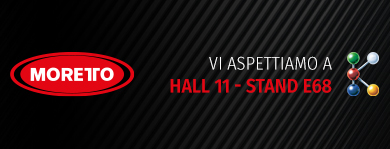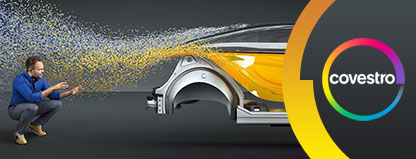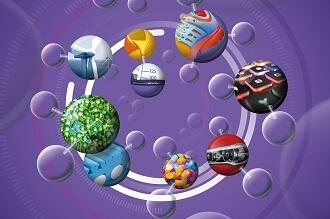
In a live webcast held on May 26, Covestro CEO Markus Steilemann explained the role that the company of Leverkusen and the whole chemical industry are playing in moving towards a circular economy. Speakers who attended the event included industry experts such as Volker Sick, director of the Global CO2 Initiative, and Jacob Duer, president and CEO of Alliance to End Plastic Waste.
Covestro is fully committed to making the circular economy a model for a truly sustainable world. To this end, the materials manufacturer wants to completely align its entire production and product range as well as all areas in the long term to the circular concept. This strategic vision is to be gradually implemented with numerous concrete measures and projects. In this way, Covestro wants to accelerate the change to a circular economy, especially in the chemical and plastics industries, and contribute to the goal of a greenhouse gas neutral economy.
Specifically, the company plans to convert its production facilities worldwide to alternative raw materials and renewable energy. In addition, over 20 projects are researching new ways for more and better recycling. In the end, Covestro could be not only a producer and solution provider, but also an innovative recycler. The products are to be increasingly tailored for later recycling and aligned even more closely with the UN sustainability goals. Furthermore, Covestro wants to cooperate with partners in all areas of the value creation cycle and also to take advantage of new business opportunities of mutual interest.
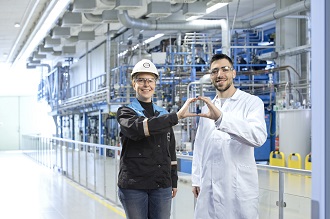
Circular economy as global guiding principle
“The circular economy will lead the world as a whole to a sustainable future. It must become the global guiding principle to achieve climate neutrality and protect the dwindling resources of our planet,” emphasized Covestro CEO Markus Steilemann.
“Produce, consume, throw away single use leads to a dead end, business and society urgently need to rethink”, added the CEO.” Our industry and our company can and wants to support this transformation. Because plastics are used practically everywhere and are the key to solving many pressing challenges. Helping to master them is Covestro's main concern to make the world a brighter place.”
Covestro launched a strategic program in 2019 to anchor circularity in all areas of the company in a holistic approach. It is now being successively implemented and backed up with concrete and measurable goals. The focus is on four topics:
Alternative raw materials: biomass, carbon dioxide as well as end of life materials and waste replace fossil raw materials such as oil; carbon is circulated.
- Innovative recycling: energy efficient new technologies ensure increased and effective recycling of end of life materials and waste.
- Common solutions: to advance the circular economy, Covestro pursues cross sector cooperation.
- Renewable energies: the circular economy is only really sustainable if electricity from alternative sources is also used.
Covestro has long been offering innovative products based on alternative raw materials. These include bio-based components for car and furniture paints as well as materials made with carbon dioxide, which are used in mattresses, sports floors and textiles. The company sees great potential in research, particularly in chemical recycling, i.e. the reconversion of plastics into their molecules and their reuse.
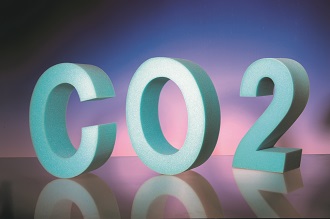
Plastic waste as a sustainable resource
Covestro is also active in numerous collaborations, for example to use blockchain technology to increase transparency in the supply chains in the sense of the circular economy. As part of the Alliance to End Plastic Waste, a globally active company network, Covestro is also working to ensure that used plastics will no longer be disposed of in an uncontrolled manner. "Plastic should no longer get into the environment," emphasized CEO Steilemann. "Plastics are far too valuable to be thrown away and must be understood and used as a sustainable resource."
In addition to alternative raw materials such as end-of-life materials, carbon dioxide and biomass, renewable energy is necessary to achieve a truly resource-efficient circular economy. Covestro will therefore gradually switch its production to this.
In a first major step, the company will source a considerable part of its electricity for its plants in Germany from 2025 from a wind farm in the North Sea being built by Danish energy supplier Ørsted.





